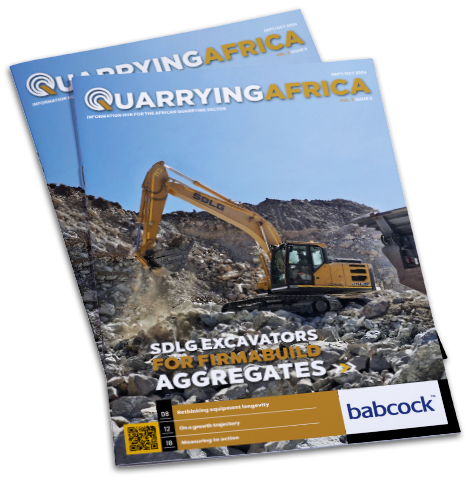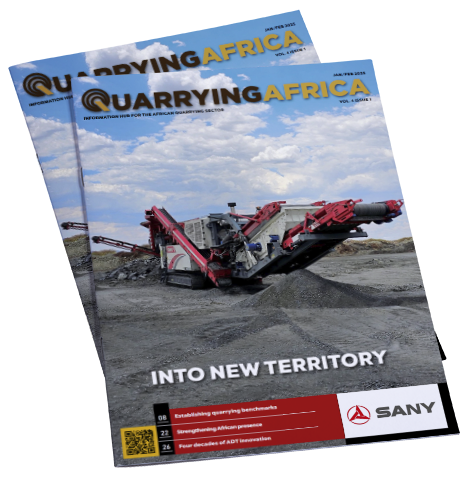Low-Value Dispute Adjudication (LVDA) has been introduced by the Construction Adjudication Association of South Africa (CAASA) to settle small-value disputes quickly and efficiently and in a cost-effective manner.
The CAASA LVDA rules were drafted specifically for the South African construction market by Vaughan Hattingh, director of MDA Attorneys, South Africa’s only specialist adjudication practice.
While the LVDA can be used by all companies to settle low-value disputes quickly and efficiently, it is especially geared towards sub-contractors and small, medium and micro enterprises (SMMEs). All too often, these companies forego referring an entitlement arising under the contract to adjudication, solely due to the cost and time involved.
“The reality is that the majority of these disputes are relatively simple and of low value, yet the recovery of these amounts is critical to the sustainability of business. This is especially true in the context of the South African construction industry, where a significant percentage of the contract value must be subcontracted to SMMEs. With this in mind, CAASA has developed the Low Value Adjudication Model,” Norman Milne, chairperson of CAASA, says.
Adjudication is a fast and relatively cost-effective means of resolving disputes. It cuts through the complexity and expenses associated with litigating construction disputes by providing fast and practical solutions. The process typically takes place over 28 days from the selection of the adjudicator to the final decision.
The adjudicator’s decision is binding and final. It can be subsequently revised by arbitration or litigation. However, providing the adjudicator answered the correct questions and acted in a procedurally fair way, courts will enforce adjudication decisions.
Adjudication has been so effective that the process is no longer being used to merely settle simple non-payment disagreements. Complex delay and disruption; design defects; contractual interpretation; final account disputes; and even professional negligence claims are now also being adjudicated. Oftentimes, settling these intricate disputes involve lengthy submissions, technical evidence, expert opinions and site visits.
Nonetheless, this process may not be affordable for some SMMEs and too complex and expensive for companies to resolve disputes where relatively small amounts are being claimed.
Therefore, the LVDA fixes an hourly rate to the adjudicator’s fee, capping it to a specified maximum amount which is linked to the low-value dispute amount claimed. In this way, certainty is provided to the parties as to how much the adjudicator will be paid for making the decision and the period within which it will be published. Moreover, the LVDA attempts to limit the amount of documentation and material that parties are allowed to submit.
These rules are relevant to all construction contracts which stipulate that they apply or instances in which the parties have agreed in writing that they are appropriate. The parties and adjudicator may mutually agree in writing to vary these rules, failing which they will apply in their standard format.
“Employers, consultants, contractors and subcontractors are urged to include these Rules in their agreements. They have been published on the CAASA website for easy reference. We believe that this model fills a gap in our industry and provides smaller contractors and subcontractors with the means to pursue an entitlement to the fullest,” Milne concludes.







